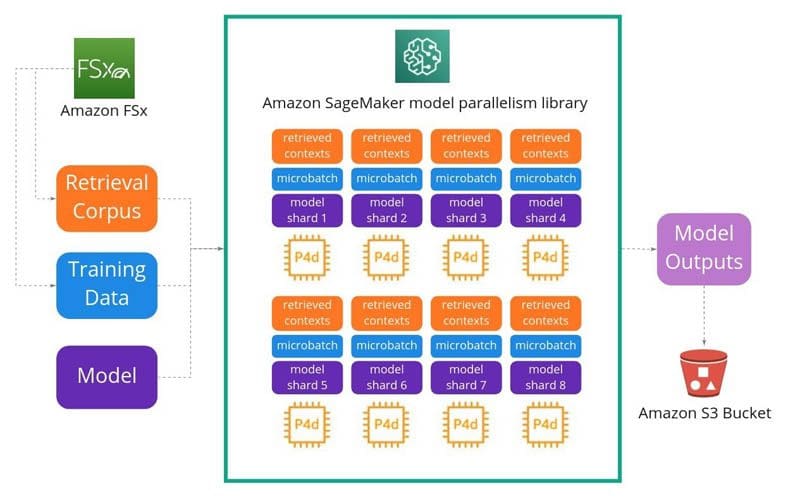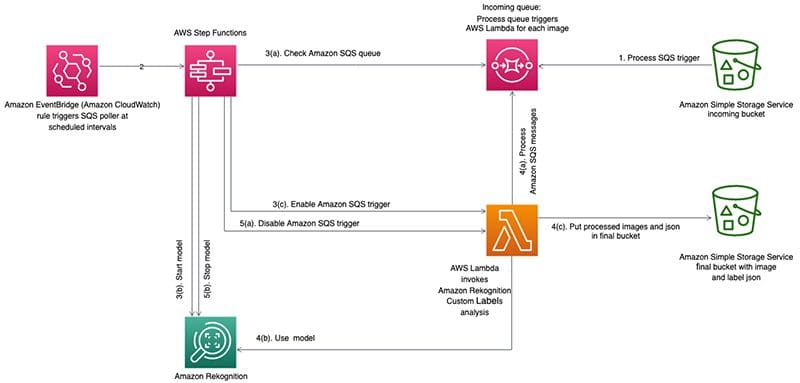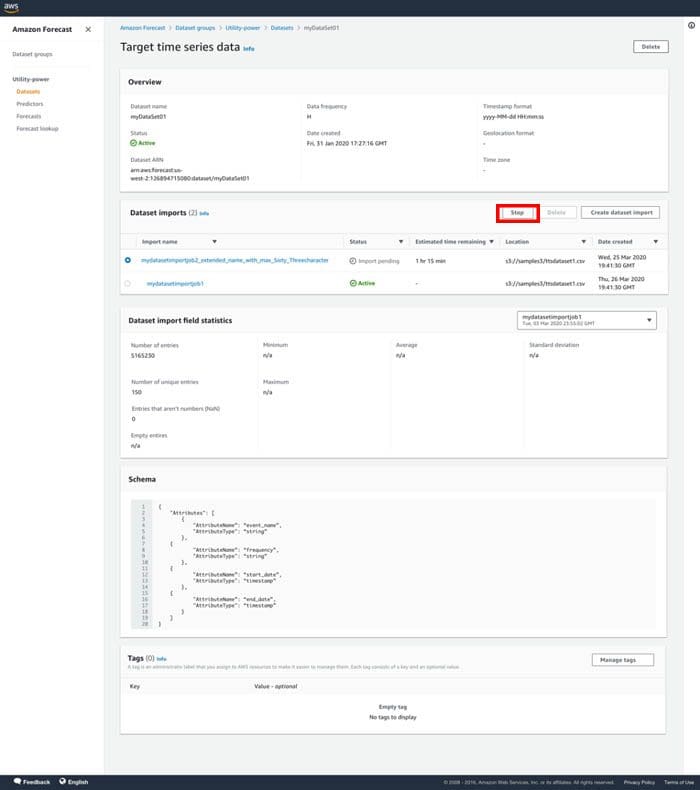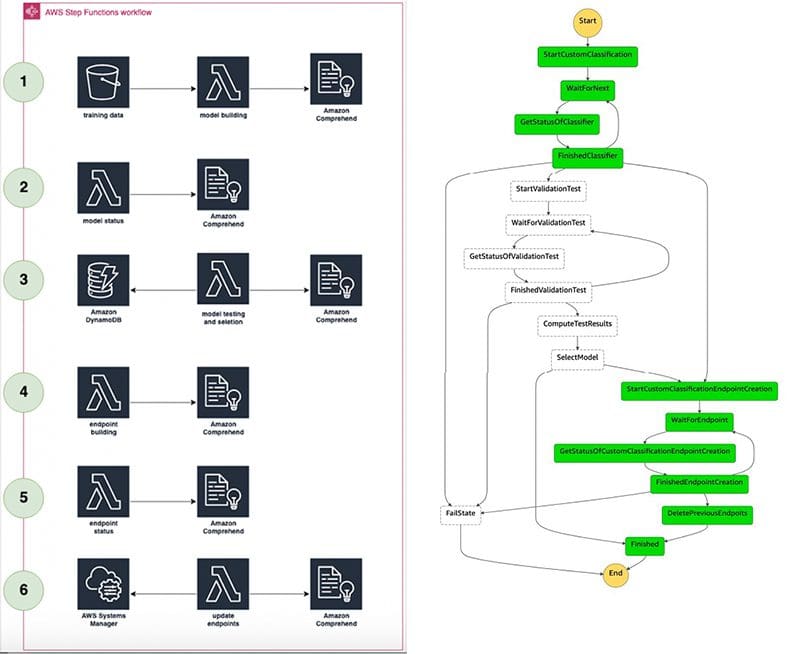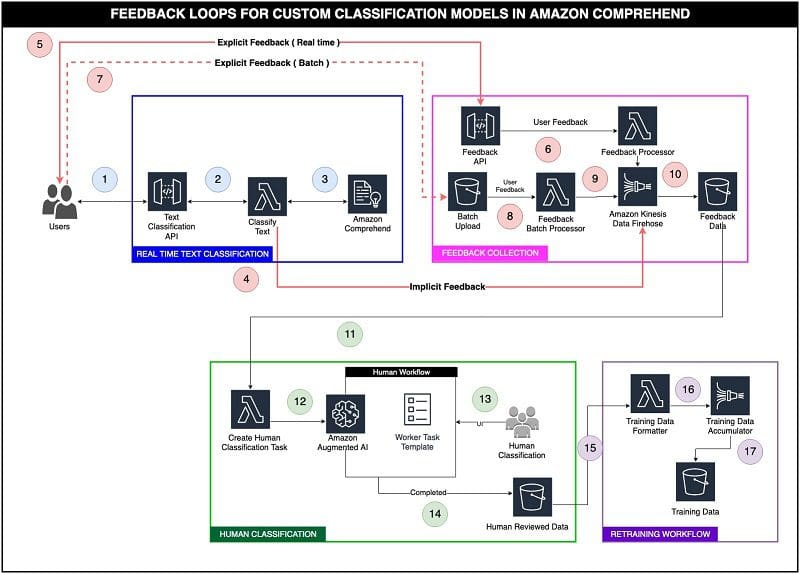Favorite There are four ways to manage bodies of codified knowledge – tagging, collection, curation and synthesis. We can illustrate this by looking at lesson learned systems. Content Curation Process, by Automotive Social, on Flickr Imagine your organisation has been documenting lessons from projects for years, and storing the documented
Read More
 Shared by Nick Milton March 15, 2021
Shared by Nick Milton March 15, 2021
Favorite This blog is co-authored by Sarah Jane Hong CSO, Darryl Barnhart CTO, and Ian Thompson CEO of Latent Space and Prem Ranga of AWS. Latent space is a hidden representation of abstract ideas that machine learning (ML) models learn. For example, “dog,” “flower,” or “door” are concepts or locations
Read More
 Shared by AWS Machine Learning March 13, 2021
Shared by AWS Machine Learning March 13, 2021
Favorite This post is a guest joint collaboration by Supratim Banerjee of More Retail Limited and Shivaprasad KT and Gaurav H Kankaria of Ganit Inc. More Retail Ltd. (MRL) is one of India’s top four grocery retailers, with a revenue in the order of several billion dollars. It has a
Read More
 Shared by AWS Machine Learning March 13, 2021
Shared by AWS Machine Learning March 13, 2021
Favorite Amazon Textract is a fully managed machine learning (ML) service that automatically extracts printed text, handwriting, and other data from scanned documents that goes beyond simple optical character recognition (OCR) to identify, understand, and extract data from forms and tables. Amazon Textract can detect text in a variety of
Read More
 Shared by AWS Machine Learning March 12, 2021
Shared by AWS Machine Learning March 12, 2021
Favorite Video is a highly effective a highly effective way to educate, entertain, and engage users. Your company might carry a large collection of videos that include captions or subtitles. To make these videos accessible to a larger audience, you can provide translated captions and subtitles in multiple languages. In
Read More
 Shared by AWS Machine Learning March 11, 2021
Shared by AWS Machine Learning March 11, 2021
Favorite Amazon Rekognition is a computer vision service that makes it easy to add image and video analysis to your applications using proven, highly scalable, deep learning technology that requires no machine learning (ML) expertise to use. With Amazon Rekognition, you can identify objects, people, text, scenes, and activities in
Read More
 Shared by AWS Machine Learning March 11, 2021
Shared by AWS Machine Learning March 11, 2021
Favorite Amazon Forecast uses machine learning (ML) to generate more accurate demand forecasts, without requiring any prior ML experience. Forecast brings the same technology used at Amazon.com to developers as a fully managed service, removing the need to manage resources or rebuild your systems. To start generating forecasts through Forecast,
Read More
 Shared by AWS Machine Learning March 10, 2021
Shared by AWS Machine Learning March 10, 2021
Favorite This is the first in a two part series on Amazon Comprehend custom classification models. In Part 1 of this series, we look at how to build an AWS Step Functions workflow to automatically build, test, and deploy Amazon Comprehend custom classification models and endpoints. In Part 2, we
Read More
 Shared by AWS Machine Learning March 10, 2021
Shared by AWS Machine Learning March 10, 2021
Favorite This is the second in a two part series on Amazon Comprehend custom classification models. In Part 1 of this series, we looked at how to build an AWS Step Functions workflow to automatically build, test, and deploy Amazon Comprehend custom classification models and endpoints. In Part 2, we
Read More
 Shared by AWS Machine Learning March 10, 2021
Shared by AWS Machine Learning March 10, 2021
Favorite Have you ever thought about how artificial intelligence could be used to detect events during live sports broadcasts? With machine learning (ML) techniques, we introduce a scalable multimodal solution for event detection on sports video data. Recent developments in deep learning show that event detection algorithms are performing well
Read More
 Shared by AWS Machine Learning March 6, 2021
Shared by AWS Machine Learning March 6, 2021
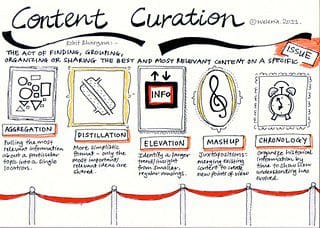
![]() Shared by Nick Milton March 15, 2021
Shared by Nick Milton March 15, 2021
